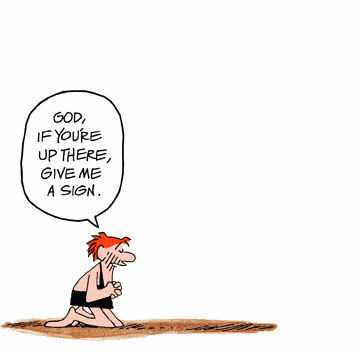Love, Asian Style
I've just finished reading two great Asian novels: The Dream of the Red Chamber and The Tale of Genji. The first one is from China and the second one from Japan. What is interesting in these two novels is their similar treatment on the theme of love.
Most people are familiar with the Western concept of love (like "Love conquers all; Love is all powerful; Love can move mountains, etc.) Now, The Dream of the Red Chamber and The Tale of Genji, posit the opposite of this. Love is destructive. Love is poisonous. Love brings ruin. Love leads to death.
Before we condemn these great classics to heresy, let us understand the particular context they were written, which is Buddhism. Buddhism maintains that to desire is to suffer. That to desire too much is to suffer much. When the object of our love becomes our obsession, we destroy not only the loved one but our very selves. So in the novels, the male protagonists suffered similar "deaths." They love in wild abandon and therefore caused their loved ones death and destroyed themselves.
But all is not lost in them. Both Pao-yu and Genji experienced re-birth when they learned to let go. When they've realized that there is no point in holding on, in possessing, in desiring. The Buddhists believe that everything that we see around us is unreal. And therefore to love something or someone unreal is to belong to an unreal world. This unreal world is a world of suffering. To free ourselves from suffering, we must free ourselves from the unreal.
The only true way to love is to love none, desire none. Because to love none and to desire none is to be in union with the One. And to be in union with the One is to be united to all.
If you come to think of it, this is not very far from what Christ is teaching us. If you love your parents, brothers, sisters, friends, anyone more than Him, we are bound to suffer. Only by loving the One, embracing Him, can we also love others. It is only by desiring none, save Christ, do we really find satisfaction, happiness and peace in life. As the Gospel once proclaimed:
"Seek Ye first the Kingdom of God and His righteousness and all these things will be added unto you..." Mt 6:33
Most people are familiar with the Western concept of love (like "Love conquers all; Love is all powerful; Love can move mountains, etc.) Now, The Dream of the Red Chamber and The Tale of Genji, posit the opposite of this. Love is destructive. Love is poisonous. Love brings ruin. Love leads to death.
Before we condemn these great classics to heresy, let us understand the particular context they were written, which is Buddhism. Buddhism maintains that to desire is to suffer. That to desire too much is to suffer much. When the object of our love becomes our obsession, we destroy not only the loved one but our very selves. So in the novels, the male protagonists suffered similar "deaths." They love in wild abandon and therefore caused their loved ones death and destroyed themselves.
But all is not lost in them. Both Pao-yu and Genji experienced re-birth when they learned to let go. When they've realized that there is no point in holding on, in possessing, in desiring. The Buddhists believe that everything that we see around us is unreal. And therefore to love something or someone unreal is to belong to an unreal world. This unreal world is a world of suffering. To free ourselves from suffering, we must free ourselves from the unreal.
The only true way to love is to love none, desire none. Because to love none and to desire none is to be in union with the One. And to be in union with the One is to be united to all.
If you come to think of it, this is not very far from what Christ is teaching us. If you love your parents, brothers, sisters, friends, anyone more than Him, we are bound to suffer. Only by loving the One, embracing Him, can we also love others. It is only by desiring none, save Christ, do we really find satisfaction, happiness and peace in life. As the Gospel once proclaimed:
"Seek Ye first the Kingdom of God and His righteousness and all these things will be added unto you..." Mt 6:33



1 Comments:
At 8:42 PM, Anonymous said…
Anonymous said…
haven't related it to the gospel hehe but will do it once i reread the dream of the red c.
hehehe, it's sun living in the red dust. haha, it has its joy but life is fleeting.
ano ba yan, hanggang dito ba naman tope pa rin.
hey, i have to read the loooong novel again.
haaayyyy.....
Post a Comment
<< Home